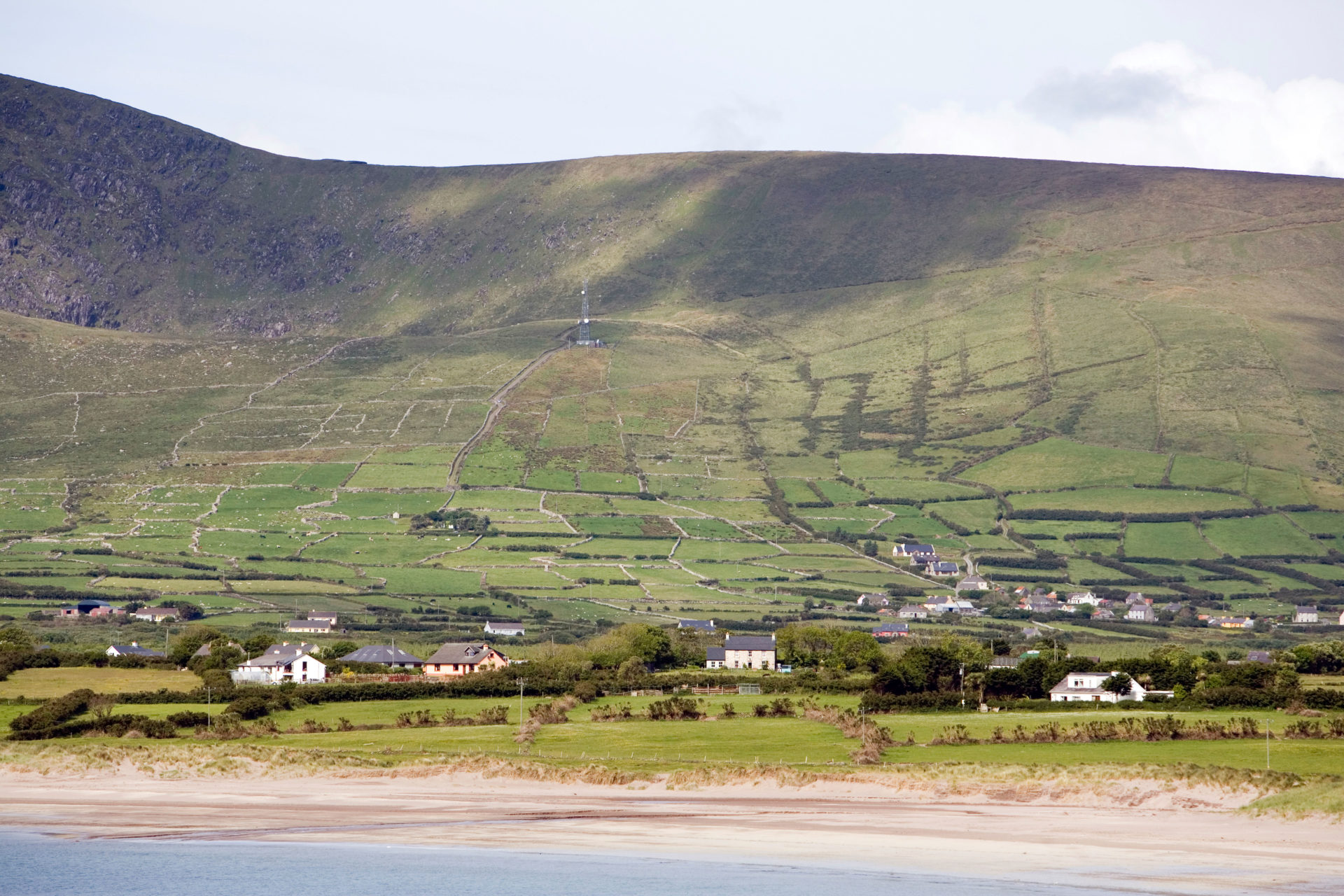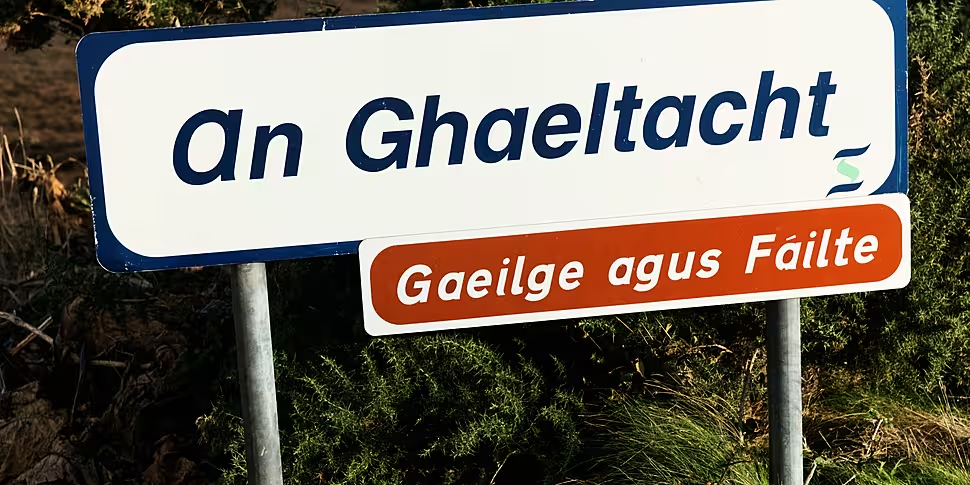Ireland’s Gaeltacht areas are “in crisis” with a severe decline in the number of daily Irish speakers, Conradh na Gaeilge has warned.
The first fortnight of March is known as ‘Seachtain na Gaeilge’ when people make an extra special effort to speak the State’s first official language.
The 2016 census revealed there were 1,761,420 people in the Republic who could hold a conversation as Gaeilge but, in the language’s heartland areas, fewer and fewer people use it as their primary means of communication.
“There’s about 95 to 100,000 living in those Gaeltacht areas,” Julian de Spáinnn told Newstalk reporter Sarah Madden for The Anton Savage Show.
“In the last census we found out there were 11% less daily speakers than the census before that in those Gaeltacht areas.
“So, we would say the Gaeltacht areas are in crisis and need additional supports to ensure that the language survives and thrives there.”
One key issue undermining the language is a lack of housing with fewer and fewer young Gaeltacht people able to buy homes in their native parish.
It is something that Gaeltacht people fret will in the long-term hollow out their communities and the language they treasure.
“We’re such a small Gaeltacht and so close to Dublin, we’re in the commuter belt here,” Éamon Ó Cróinín from the Ráth Cairn Gaeltacht in Meath said.
“So, house prices are astronomical; any house that goes for sale on the open market is completely uncontrolled.
“The problem then is, if an Irish speaking family wants to move here and raise their family through Irish, they have to compete with the open market to buy a house.
“Which means that most likely, it’s going to be out of range for them.”
He believes that Meath County Council are not fulfilling their obligations towards the Gaeltacht.
“It’s actually stated in the Development Plan that special consideration should be given to Irish speakers who wish to move into the area,” he said ruefully.
“But that isn’t being enforced.”
 County Kerry Dingle Peninsula Ventry seafront houses below slopes of Mount Eagle
County Kerry Dingle Peninsula Ventry seafront houses below slopes of Mount EagleOutside of the Gaeltacht, young gaeilgeoirí might have to speak English to function on a day to day basis but many slot themselves into a social network of Irish speakers that you can find in every city in Ireland
Hugh Mac Ghiolla Cearra is one such individual; he grew up in the Donegal Gaeltacht and, while he is proud of where he grew up, for the time being he prefers to live in Dubin.
“There isn’t really much opportunity for people my age to stick around,” he said.
“I’ve been living in Dublin for about six years at this point; historically, you would go to Galway for college and work.
“Whereas now you go to Galway and you stay in Galway or you go to Dublin and you stay in Dublin.
“There’s just not any opportunities really to do what you want at home at the moment.”
Where once native speakers might have tuned into Raidió na Gaeltachta or TG4 to connect with other gaeilgeoirí, Mr Mac Ghiolla Cearra finds social media has been a game changer for driving engagement with the language.
“It’s fantastic,” he enthused.
“Especially with lockdown and everything, we just started spending so much time on our phones and so much time on social media.
“With the Irish language especially, it’s always been seen as something for the classrooms and it wasn’t really seen as something that was kind of cool or fun… There’s so much opportunity to be working with the Irish language - if anything it’s an advantage.”
Main image: An Ghaeltacht sign on Achill Island, County Mayo, Ireland.









